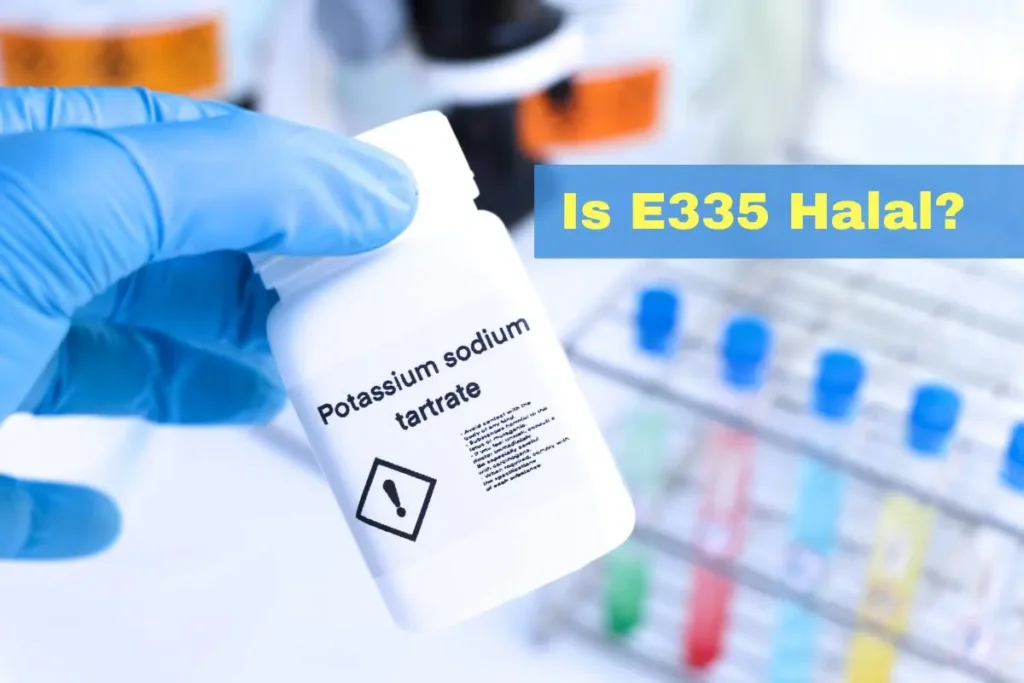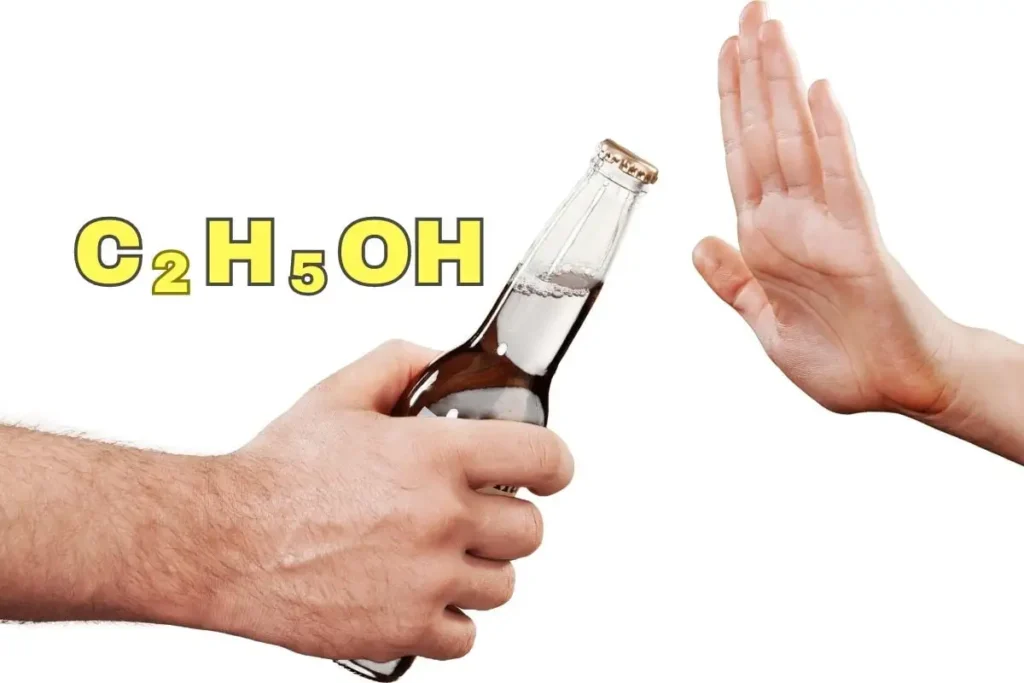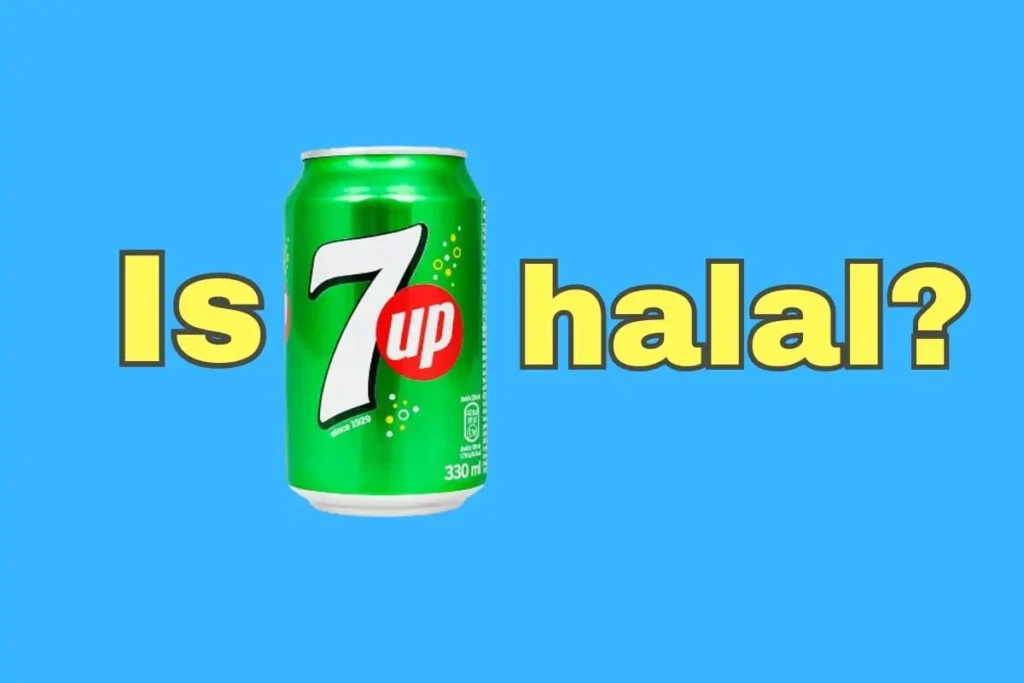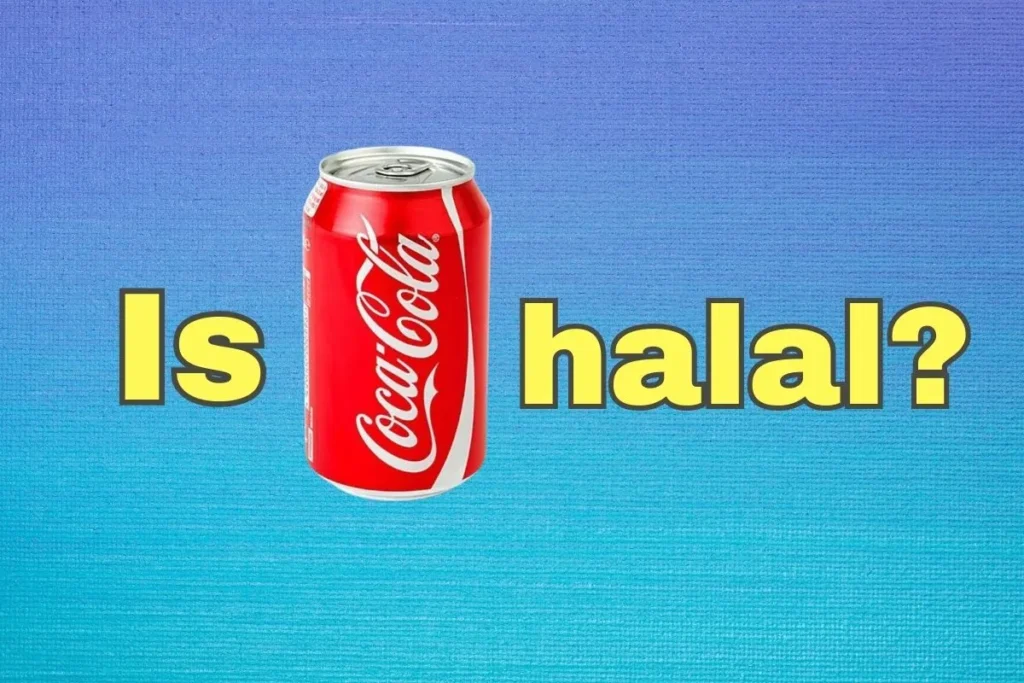Have you ever wondered about the permissibility of E335, also known as sodium tartrate, according to Islamic law? In this guide, we’ll explore the origins, uses, and rulings of this common food additive.
By the end, you’ll have insight into this ingredient from both scientific and Sharia perspectives.
Key Takeaways
| 📌 E335, also known as sodium tartrate, is a food additive used as an emulsifier in various food products. |
| 📌 E335 is derived from tartaric acid, which is naturally found in plants like grapes. |
| 📌 The halal status of E335 depends on the source of tartaric acid and the specific sodium compounds used, as well as meeting other Sharia standards. |
What is E335?
Sodium tartrate is a food additive used as an emulsifier with the E number E335. It helps bind ingredients together and provides texture to foods like baked goods. You may have eaten it without even realizing it!
Chemical Structure
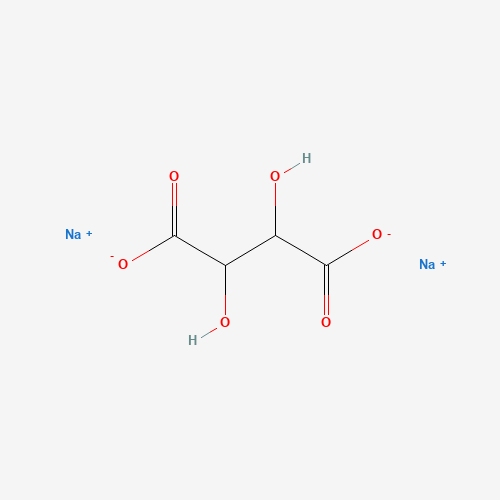
At the molecular level, sodium tartrate has the chemical formula Na2C4H4O6. It forms when tartaric acid is treated with sodium carbonate or hydroxide to make its sodium salt derivative.
What is E335 Made From?
E335 is derived from a naturally occurring organic compound known as tartaric acid. But where does tartaric acid come from? It’s actually found in various plant sources, with grapes being one of the most famous.
You know those tiny crystals that sometimes form at the bottom of your wine bottle? That’s potassium bitartrate, another form of tartaric acid! So, tartaric acid is essentially a grape-based ingredient, which is pretty cool, right?
Now, here’s where the magic happens. To create sodium tartrate, tartaric acid undergoes a specific process. It’s combined with sodium compounds, like sodium carbonate or sodium hydroxide, which transforms it into the food-grade additive we know as E335.
This process ensures that E335 is safe and suitable for various culinary applications.
Possible Side Effects
Most regulatory agencies consider sodium tartrate safe for consumption. However, in very high amounts it may cause diarrhea or abdominal discomfort in sensitive individuals due to its sodium content. As with any food, moderation is key.
Regulations and Guidelines
The EFSA and FDA approve E335 as a food additive at levels below 4.5% by weight of the food. Always refer to product labels or consult a nutrition expert for specific dosages.
Dosage and Administration
Since E335 is added to foods during manufacturing, there is no standard dosage schedule. Intake should not exceed acceptable daily levels for good health.
Those with sodium sensitivities may need lesser amounts depending on individual tolerance. Consult your doctor as well if you have medical conditions.
Is E335 Halal or Haram?
Most Islamic scholars agree sodium tartrate is halal if:
- The tartaric acid source is from halal grapes or plants
- The Sodium compounds used are halal
- The final food product meets other Sharia standards. Verification from a trusted halal certifier provides an authoritative ruling.
Find out more:
Is E334 Halal or Haram?
Is E336 Halal or Haram?
Conclusion
In summary, E335 helps process foods while being safe and permissible according to major health and religious authorities – though as always, moderation is key. Individuals concerned can consult certified halal documentation for definitive guidance.
Allahu A’lam (Allah Knows Best)
FAQ
What is the source of E335?
The main natural sources are tartaric acid extracted from grapes or other plants.
Is E335 safe for consumption?
Yes, major regulatory bodies consistently evaluate and approve E335 as safe in regulated amounts.
What foods contain E335?
Common products include baked goods, candies, table grapes, and drinks which add texture and shelf stability.
What is the CAS number for E335?
The Chemical Abstracts Service registry number for sodium tartrate is 868-18-8.
Is E335 banned anywhere?
No global health organizations have outright banned E335. However, some local regulations may apply proprietary restrictions.
- Is Pop Tarts Halal? What You Need to Know - February 18, 2024
- Are Graham Crackers Halal in Islam? - January 19, 2024
- Is Keebler Wheatables Halal? - January 18, 2024

